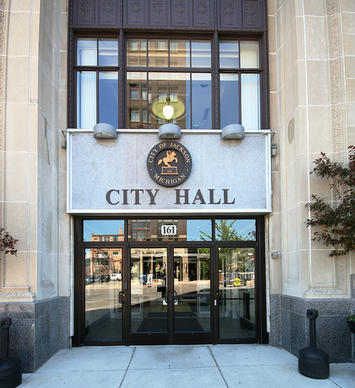
In hip, and even not-so-hip, circles, markets, restaurants and cultural festivals across the country, local is in. Many embrace this ideal as an economic development tool, an environmental win and a form of resistance to ever-greater centralized big business control.
Yet when it comes to areas being able to choose their urban form and for people to cluster naturally – localism is now being constantly undermined by planners and their ideological allies, including some who superficially embrace the notion of localism.
In order to pursue their social and perceived environmental objectives, they have placed particular onus on middle- and upper-class suburbs, whose great crime appears to be that they tend to be the places people settle if they have the means to do so.
Central planning
Nothing is more basic to the American identity than leaving basic control of daily life to local communities and, as much as is practical, to individuals. The rising new regulatory regime seeks decisively to change that equation. To be sure, there is a need for some degree of regulation, notably for basic health and public safety, as well as maintaining and expanding schools, parks, bikeways and tree-planting, things done best when supported by local voters.
Read the entire piece at The Orange County Register.
Joel Kotkin is executive editor of NewGeography.com and Roger Hobbs Distinguished Fellow in Urban Studies at Chapman University, and a member of the editorial board of the Orange County Register. He is also executive director of the Houston-based Center for Opportunity Urbanism. His newest book, The New Class Conflict is now available at Amazon and Telos Press. He is also author of The City: A Global History and The Next Hundred Million: America in 2050. He lives in Orange County, CA.
City Hall photo by Flickr user OZinOH.













Beyond suburbia
Speaking of localism and the search for local autonomy, the next stage in the logical evolution of the city I predict will be in the form of New Towns in the Country, situated in a zone 50 to 70 miles (one hour) from the nearest metropolitan center: http://goo.gl/C4k2H7
Luke Lea
One Hour?
One hour freeway time? For 50 - 70 miles? Are you kidding? I live 24 miles from a metropolitan center and on a VERY good day, it takes me an hour. In order to make it one hour (or just under) I have to get up at 5:30AM. Normal drive home time is 1.5 hours. If there is any kind of accident, lane closure or even bad weather, the commute can take two hours. For 24 miles! Of course, that's driving a car. Perhaps you are thinking of rail, but will those rail lines have to be built where you are thinking of?
Sorry, double post
Sorry, double post.
Luke Lea